Question And Answer
Publications
Articles, publications, books, tools and multimedia features from the U.S. Institute of Peace provide the latest news, analysis, research findings, practitioner guides and reports, all related to the conflict zones and issues that are at the center of the Institute’s work to prevent and reduce violent conflict.
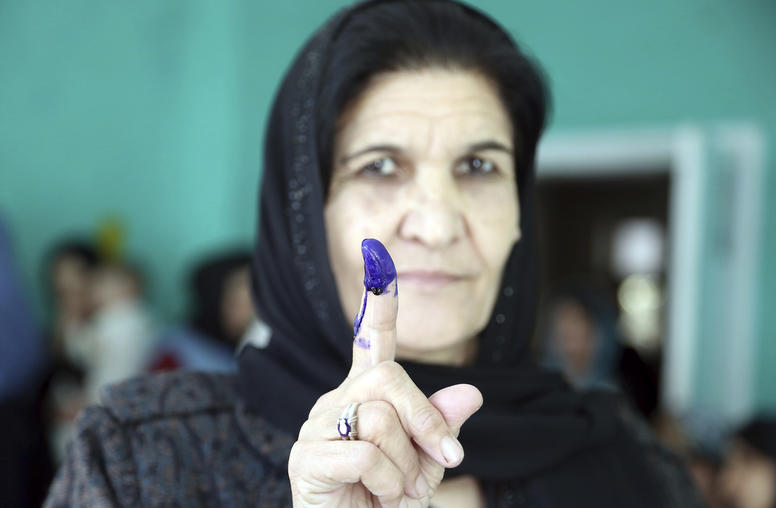
Legislature and Legislative Elections in Afghanistan: An Analysis
Afghanistan’s newest Wolesi Jirga—the lower house of the National Assembly—boasts a younger and more educated membership than those elected in either 2005 or 2010. Its representativeness, however, is uneven and problematic. This report offers a comparative profile of the Wolesi Jirgas elected in 2005, 2010, and 2018, highlighting issues salient to the reforms Afghanistan needs to undertake if it is to hold credible national elections that yield truly representative elected institutions.
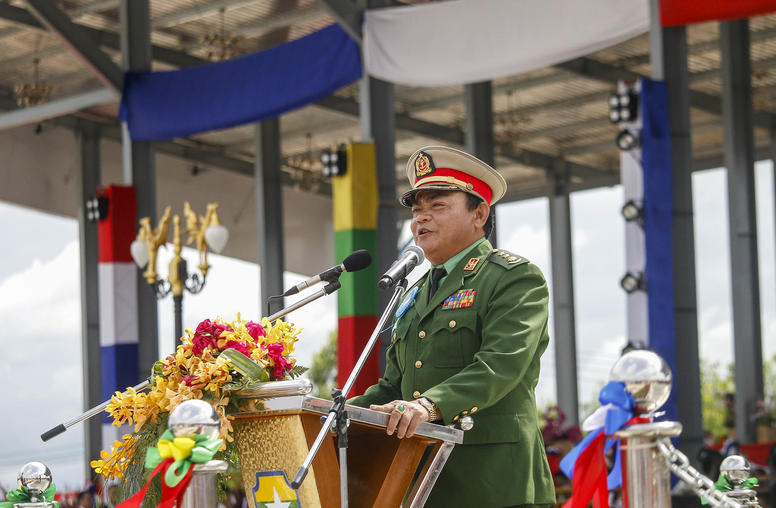
Myanmar’s Casino Cities: The Role of China and Transnational Criminal Networks
Seeking to profit from China's lucrative but illegal gambling market, a shady web of actors has begun building resort cities in Myanmar’s Karen State to cater to Chinese gamblers. This report casts light on the actors behind Myanmar’s illegal gambling sector, their linkages to Chinese government entities and to Myanmar's armed groups and military, and how their actions could upend Myanmar’s prospects for peace.
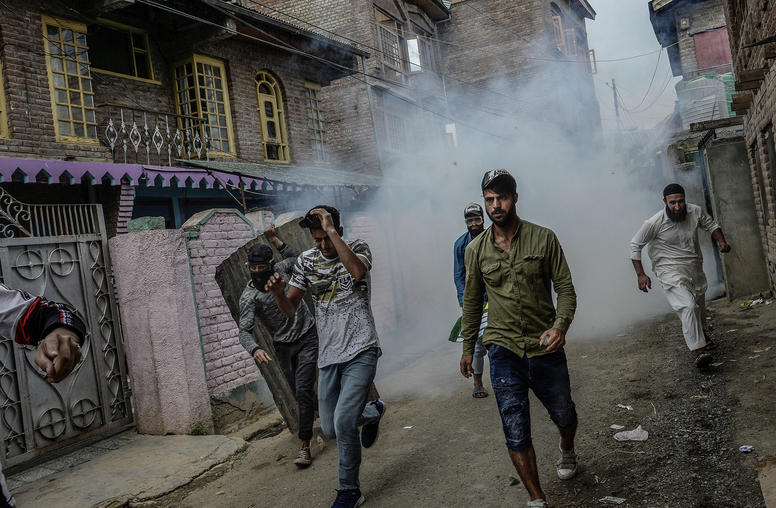
India’s Kashmir Conundrum: Before and After the Abrogation of Article 370
On August 5, 2019, the government of India revoked the constitutional autonomy of its Muslim-majority state of Jammu and Kashmir. This report—based on field interviews, new data collection, and extensive research— focuses on the revitalized insurgency and mass uprising between 2013 and 2019, explains how the Kashmir conflict evolved to a point that contributed to India’s extraordinary political gambit, and lays out both New Delhi’s strategy and the challenges the government faces going forward.
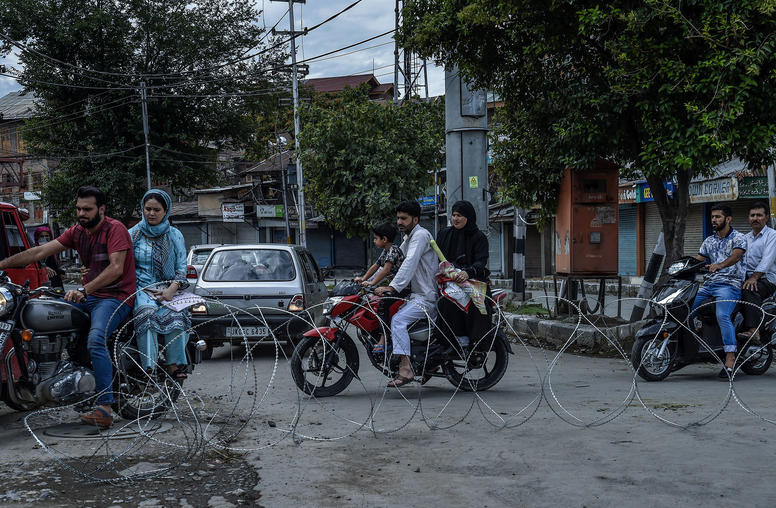
Toward a Kashmir Endgame? How India and Pakistan Could Negotiate a Lasting Solution
Kashmir has once again emerged as a major flashpoint between South Asia’s nuclear-armed rivals, India and Pakistan. The Indian government’s August 2019 withdrawal of statehood status for the Muslim-majority Jammu and Kashmir region intensified disaffection among separatists and the Kashmiri public. This report explores the strategies India and Pakistan have adopted toward Kashmir in the year since August 2019, and examines a potential road map for resolving the Kashmir conflict.
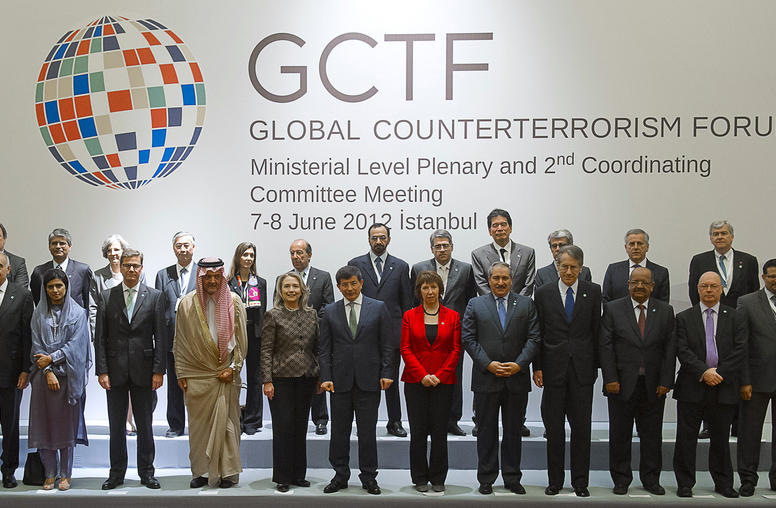
Preparing the Global Counterterrorism Forum for the Next Decade
In the two decades since the 9/11 attacks, terrorist networks have become more global and interconnected even as they remain locally tethered. The transnational and localized nature of the threat underscores the continued importance of international cooperation in all aspects of a response. This report explores the work of the Global Counterterrorism Forum, launched in 2011 to energize such cooperation, and how best to position it for an effective and far-reaching future.
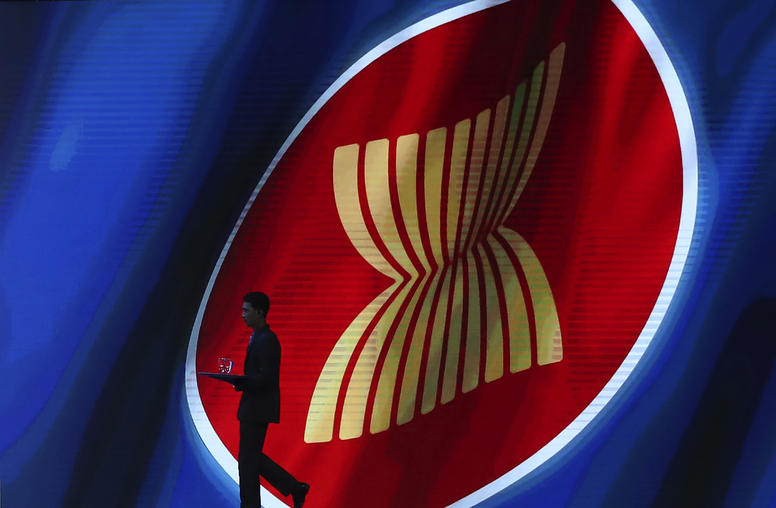
Built for Trust, Not for Conflict: ASEAN Faces the Future
In the more than five decades since the founding of the Association of Southeast Asian Nations, relations among its member states have remained generally peaceful, and major interstate conflict has been all but eliminated. Yet, ASEAN now faces significant challenges, not least from competition between the United States and China that threatens to draw individual ASEAN countries into taking sides. This report discusses ASEAN’s role in maintaining peace and stability in Southeast Asia and how it can adapt to a rapidly evolving geopolitical climate to meet future challenges.
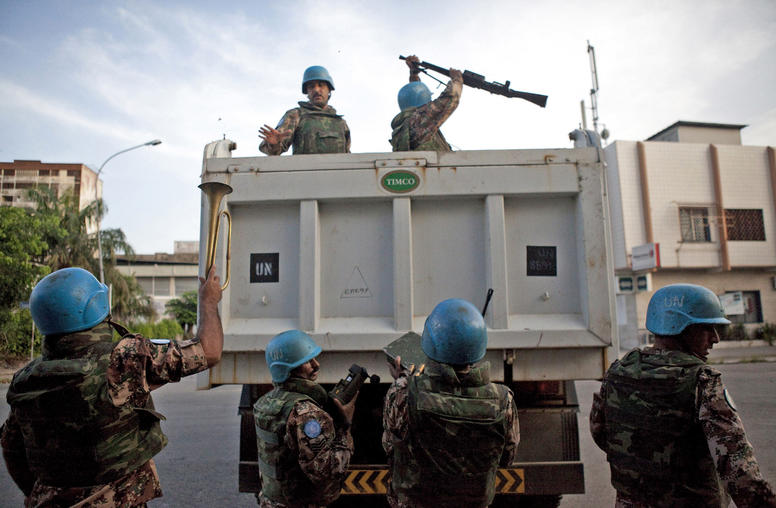
Preventing Sexual Exploitation and Abuse by Male Peacekeepers
Sexual exploitation and abuse by United Nations peacekeeping forces first came to international attention more than a quarter century ago. Despite numerous UN policy responses, the problem persists, harming individuals, jeopardizing missions, and undermining the credibility and legitimacy of UN peacekeeping operations. This report addresses the question of why more progress has not been made in preventing these violations and draws attention to ways in which prevention efforts can be strengthened and made more effective.
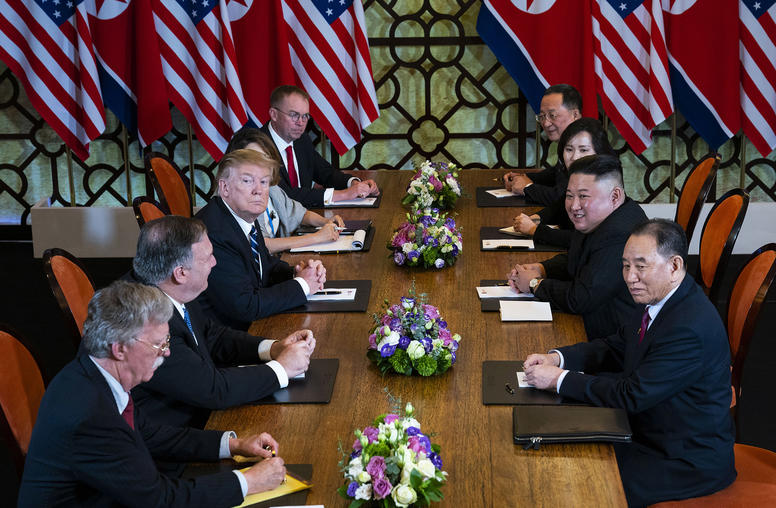
How to Engage the Enemy: The Case for National Security Diplomacy with North Korea
To help U.S. policymakers better manage the myriad risks they face on the Korean Peninsula, this report assesses whether and how to pursue national security diplomacy with North Korea. This concept of engagement responds to the National Defense Authorization Act of 2020 regarding the benefits and risks for US national security. Persistent engagement with North Korea’s national security elites, the report argues, is a policy wager with a large potential upside and very little cost and risk.
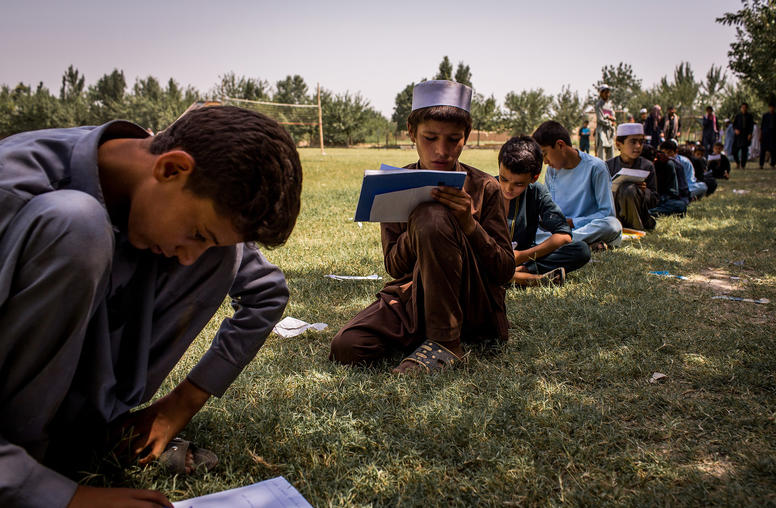
Service Delivery in Taliban-Influenced Areas of Afghanistan
In 2018 and 2019, USIP partnered with the Afghanistan Analysts Network (AAN), a Kabul-based research and policy organization, in an effort to understand how the Taliban provide education, health, and other services to people who live in areas where they are the dominant power. Based on a series of studies conducted by AAN in five districts across the country, the report also examines the Taliban's motivations as a governing entity and their implications for a potential peace settlement.
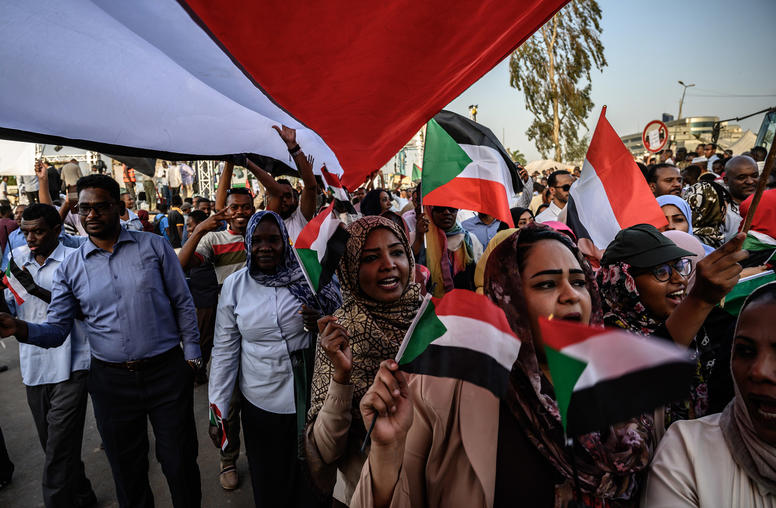
China’s Response to Sudan’s Political Transition
Sudan's decades-long economic relationship with China has almost always been dominated by oil. Yet this relationship has changed significantly in the past decade—first with the loss of oil reserves when South Sudan became an independent nation in 2011, and more recently due to the ouster of longtime ally President Omar al-Bashir. This report, based on interviews with policy officials, diplomats, industry and security experts, and others, examines China’s evolving commercial and political interests in this vital nation in the Horn of Africa.